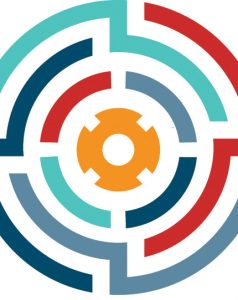The University of California, Irvine is now the main academic sponsor of The Future of Latinos project, proudly co-sponsored by the ABF. To learn more, visit the Irvine Future of Latinos homepage.
The Future of Latinos is a nation-wide, interdisciplinary project dedicated to understanding and advancing research on the current condition of Latinx community in the United States; the structural barriers that impede full equality and integration for this emerging population; and the sites of intervention that promise to be most effective in promoting opportunity and mobility through law and policy.
Since its launch in 2015, the initiative has convened leading national policy makers and experts for a series of national roundtable events focused on identifying existing research and resources, understanding social and legal barriers to opportunity, developing reform recommendations that support full integration and inclusion, and cultivating a new generation of young Latinx leaders.
The Future of Latinos project has three goals:
- To advance research and policy making through Regional Roundtables and a National Summit: At each roundtable, law and non-law scholars, legal advocated and community activists, media representatives, foundation representatives, and students gather to imagine the different futures for Latinos that are possible by 2050. These interdisciplinary change agents will enter into meaningful dialogue about how law and policy can either entrench or interrupt inequality.
- To encourage innovative teaching and service through a Clinical Network: As a result of the rise in clinical education movement, there are now appellate advocacy and public policy clinics at many law school around the country. Our aim is to bring diverse stakeholders together to facilitate law and policy reform for the Latino community by
- using technology to link appellate advocacy and public policy clinics around the country to encourage ongoing communication and sharing of ideas and strategies;
- asking legal advocacy organizations to forge sustainable relationships with their respective Latino communities; and
- creating on online bank of appellate briefs and legislative proposals that are readily obtainable through the website
- To promote public understanding through outreach and dissemination: The bilingual website will assist individuals and organizations to identify much needed support in their areas through an easy-to-navigate interface. Project researchers have created a map that contains contact information for local organizations that serve the needs of Latinos, as well as a map that inventories experts and scholars who are studying Latino communities. Both maps will be dynamic, living documents as we will ask users of the site to send us information so that we can make our information as comprehensive as possible.



